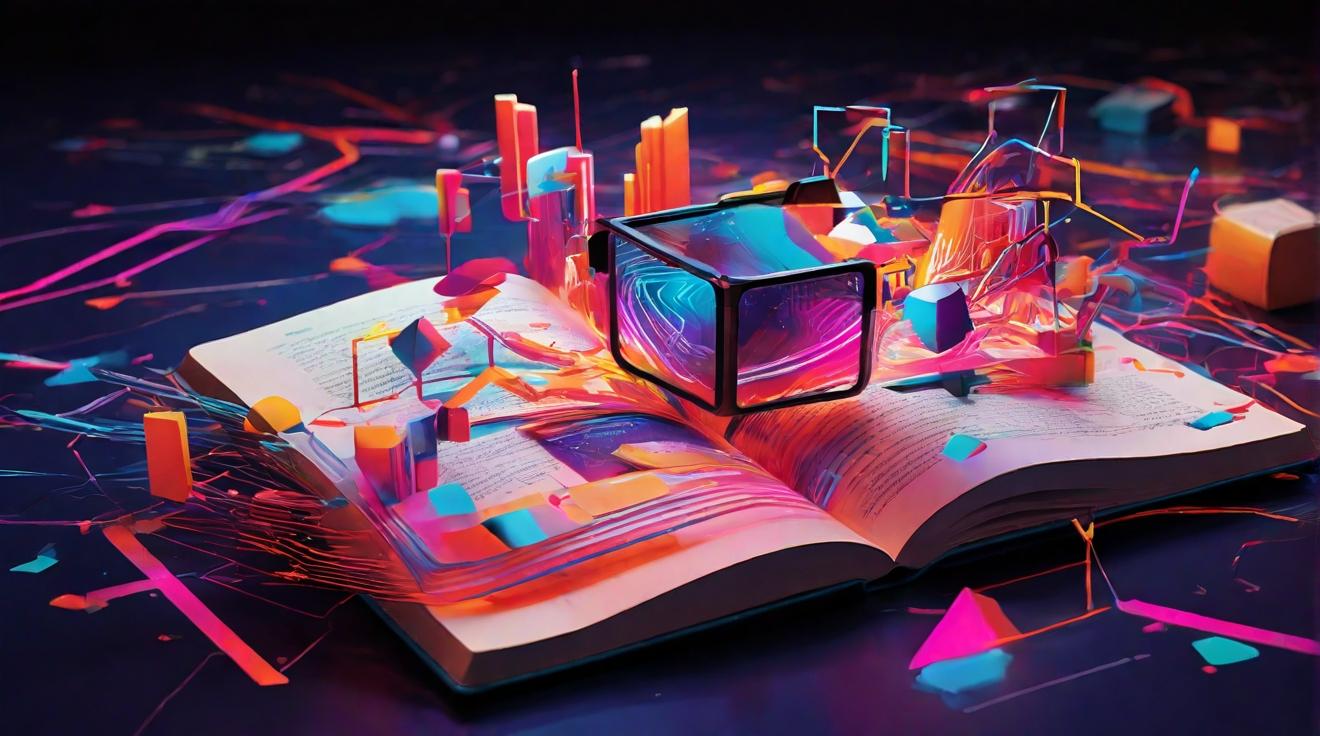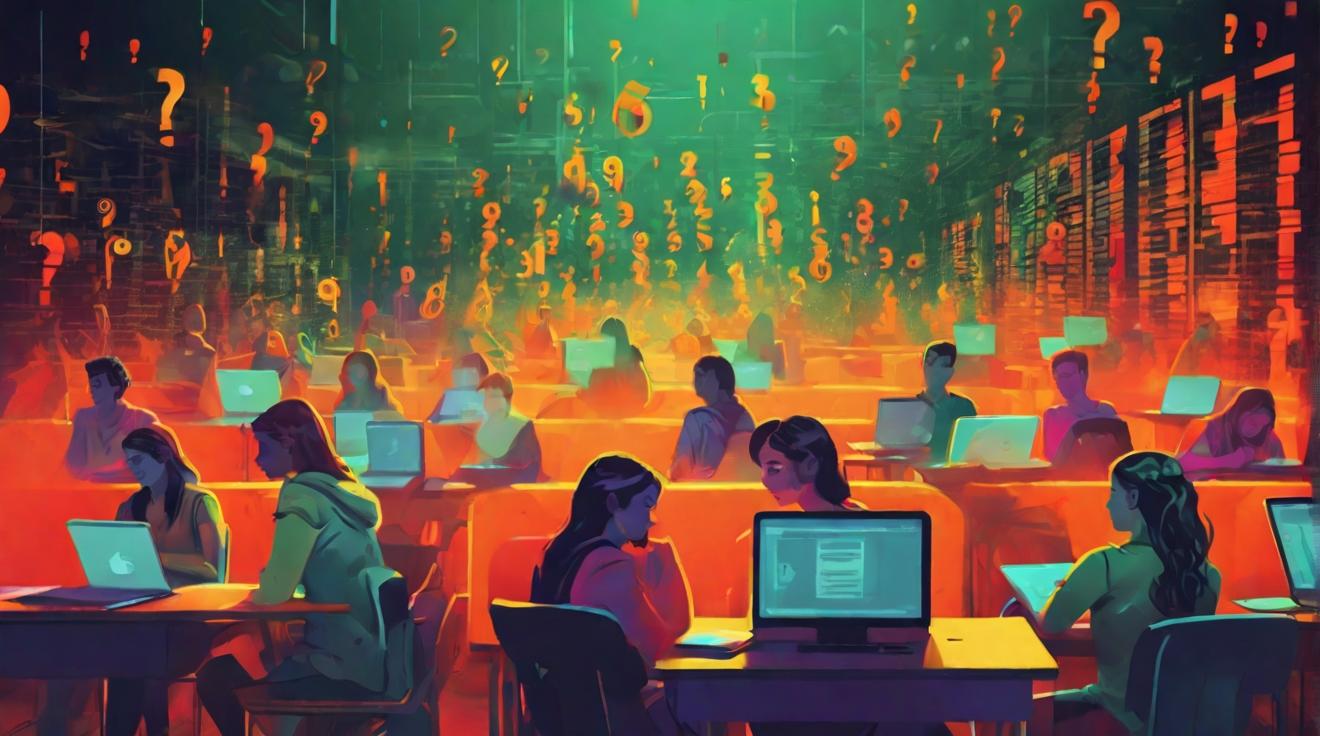Augmented Reality in Education: Transforming Learning Experiences through SWOT Analysis
In an era where technology seamlessly merges with daily life, the education sector is not far behind in embracing innovative tools to enhance learning experiences. Among these advancements, Augmented Reality (AR) stands out as a transformative force, redefining educational methodologies and interaction within classrooms. A comprehensive SWOT analysis reveals the strengths, weaknesses, opportunities, and threats of integrating AR in educational settings, offering insights into its potential to revolutionize learning processes.
Strengths: Immersive and Engaging Learning
The integration of Augmented Reality in education introduces an immersive learning experience that significantly enhances student engagement and understanding. By overlaying digital information onto the real world, AR makes complex subjects more accessible and interactive. This hands-on approach aids in better retention of information and fosters a deeper understanding of the subject matter. The interactive learning environment created by AR tools caters to various learning styles, making education more inclusive and effective.
Weaknesses: Technological and Financial Barriers
Despite its benefits, the adoption of AR in education faces several challenges. The primary concern is the technological infrastructure required to support AR applications, which may not be readily available in all educational institutions. Additionally, the cost associated with developing and implementing AR tools poses a significant financial barrier, particularly for underfunded schools. There is also a learning curve for both educators and students to effectively utilize these new technologies, which can hinder its widespread adoption.
Opportunities: Future of Education
The potential of AR in education extends far beyond the current applications, opening doors to a future where learning is highly personalized and interactive. AR can facilitate remote learning, making education more accessible to students regardless of their geographic location. Moreover, it can provide real-world applications of theoretical knowledge, bridging the gap between academic learning and practical experience. As the technology matures, the cost of AR tools is expected to decrease, making it more accessible to educational institutions worldwide.
Threats: Privacy and Ethical Concerns
While AR offers numerous advantages, it also raises privacy and ethical concerns. The collection and use of personal data, necessary for personalized learning experiences, may infringe on individuals’ privacy rights. Additionally, there is a risk of technological dependency, where students may become overly reliant on AR tools for learning, potentially hindering their ability to think critically and solve problems independently.
Conclusion
Augmented Reality in education presents a promising avenue for transforming learning experiences, making education more engaging, inclusive, and effective. The SWOT analysis highlights the need for a balanced approach in addressing the technological and financial challenges while capitalizing on the opportunities AR offers. As we navigate through these complexities, the ultimate goal remains clear: to leverage AR's potential to enrich the educational landscape, preparing students for a future where technology and learning go hand in hand.













